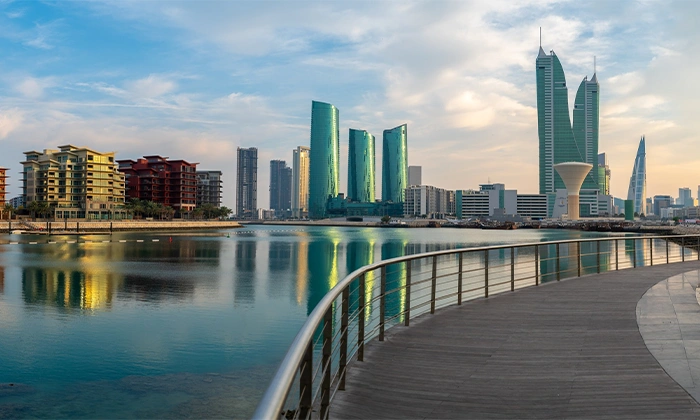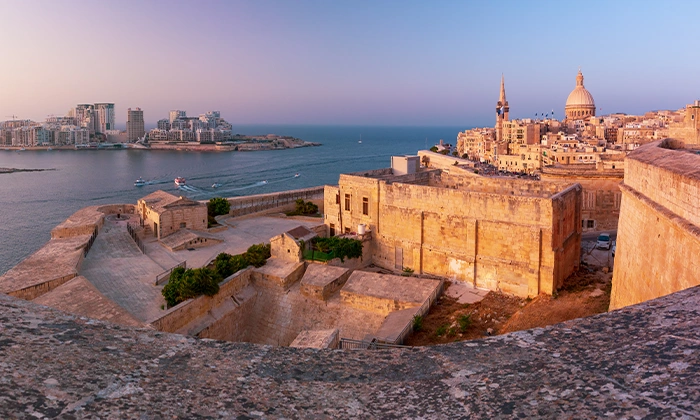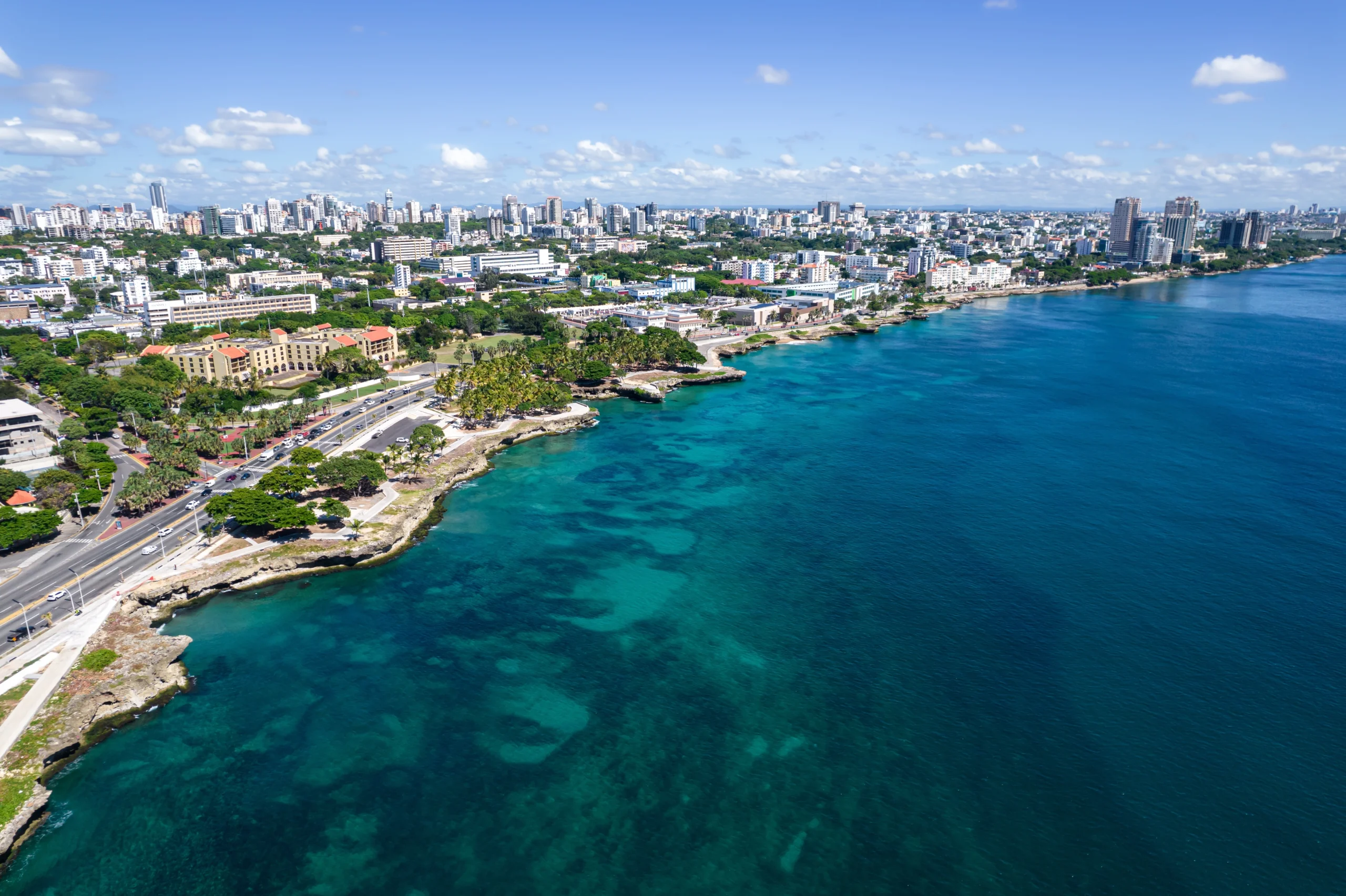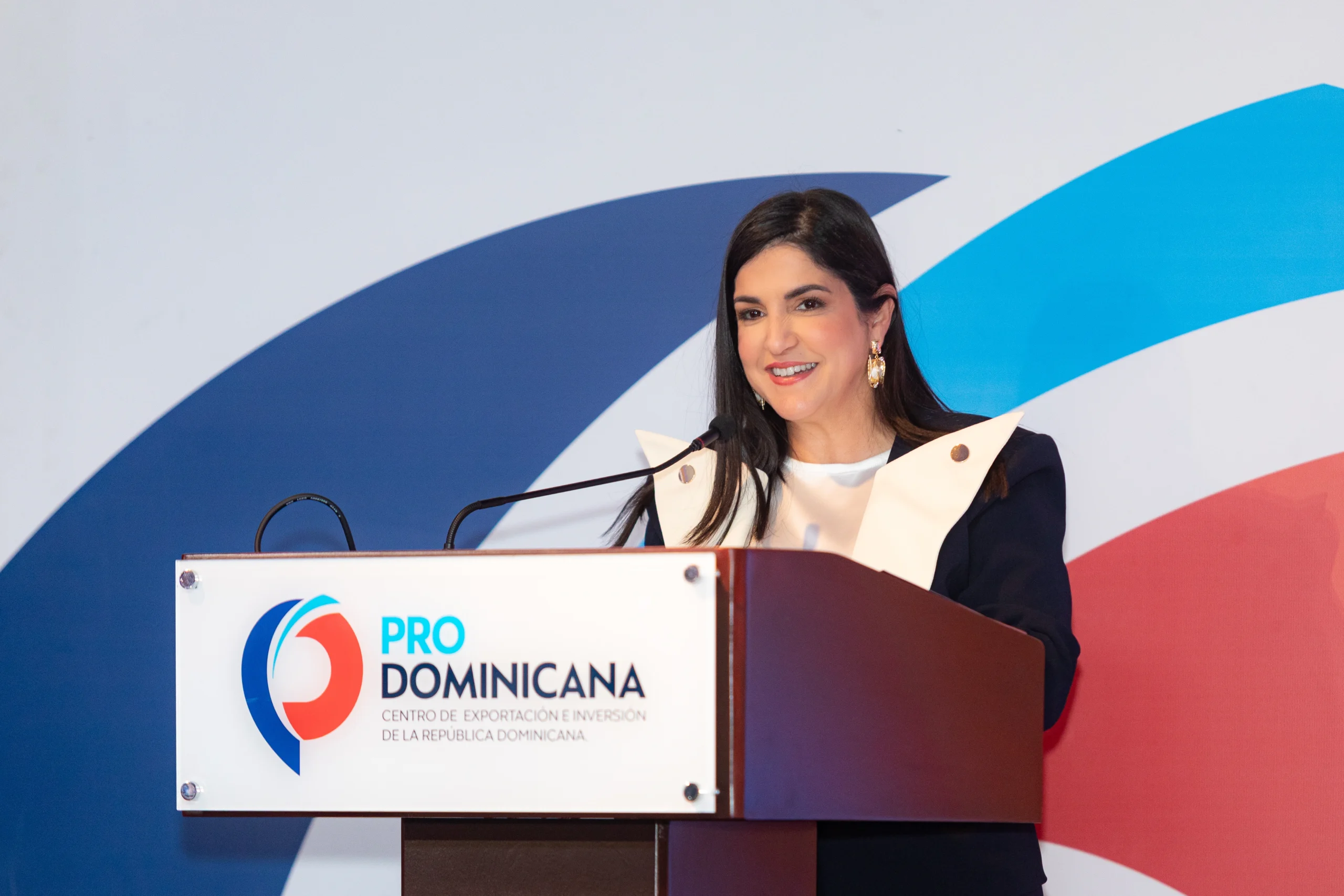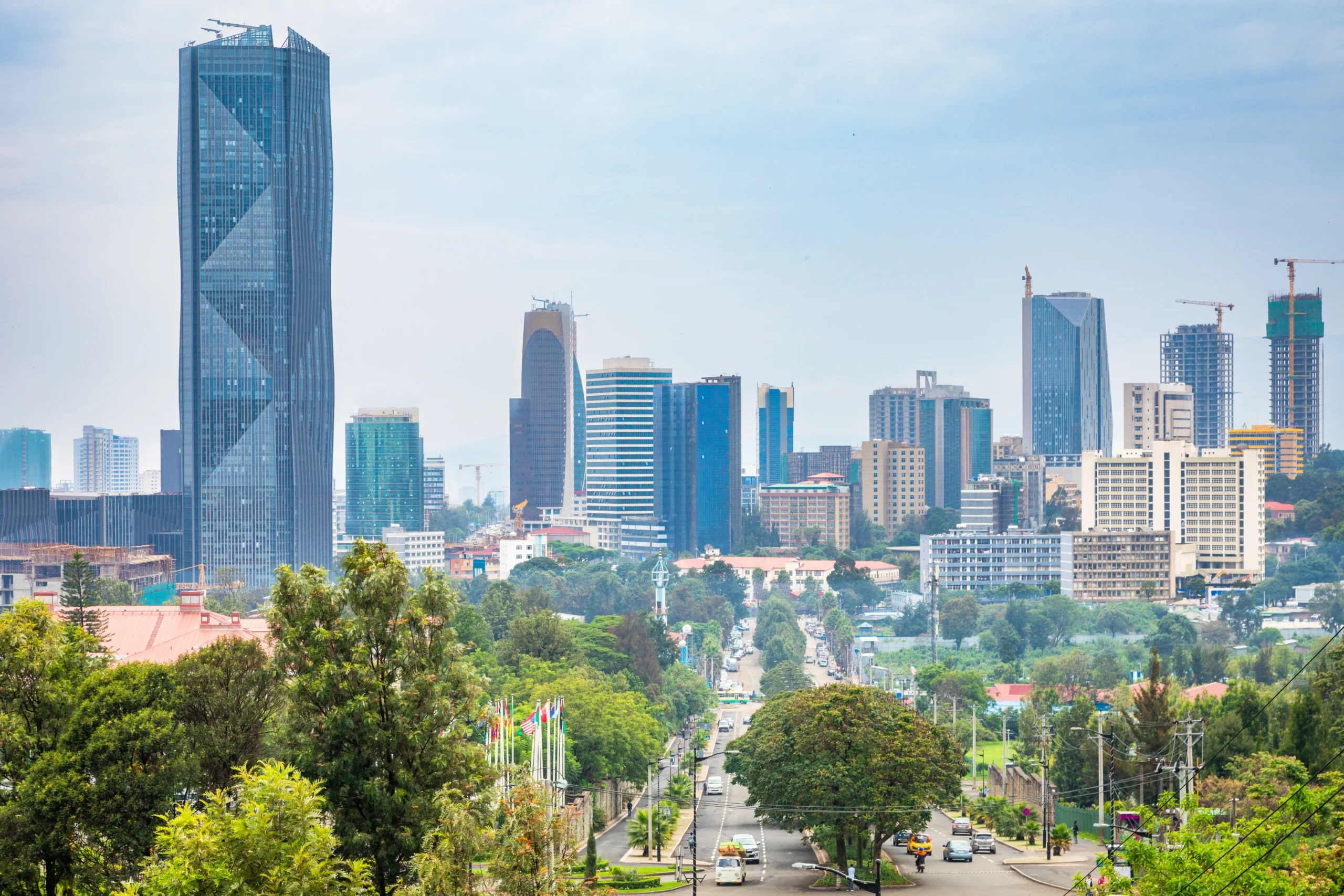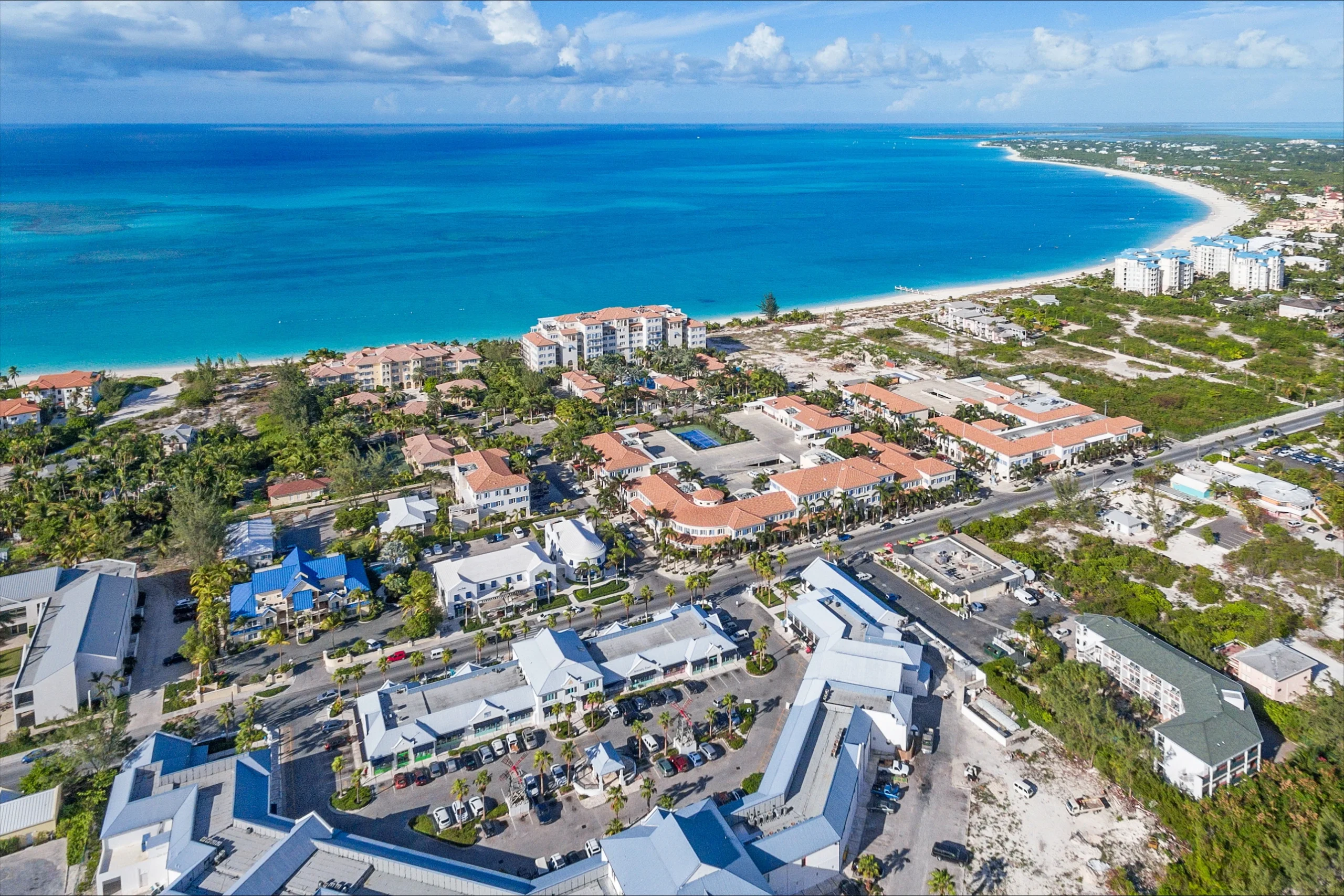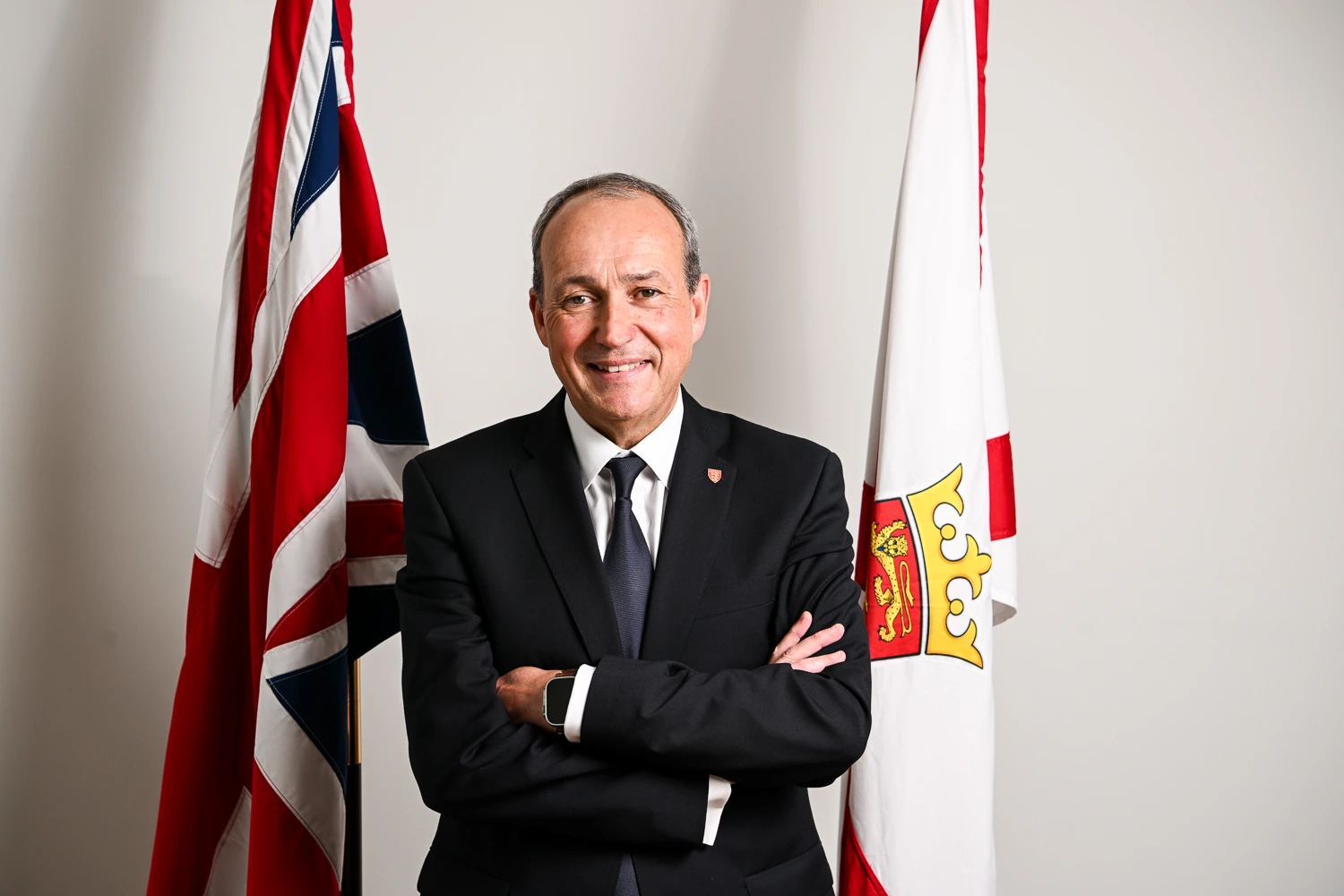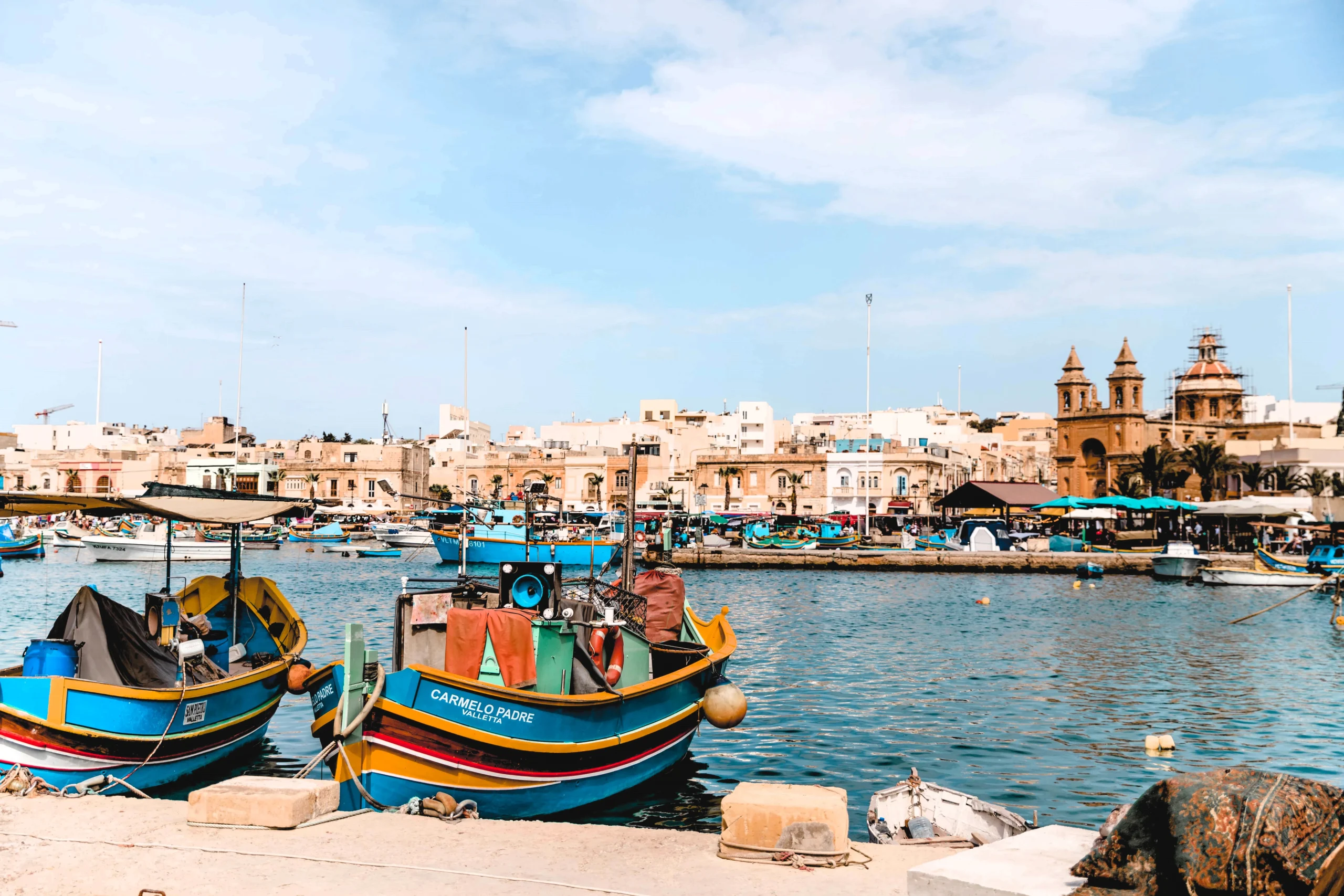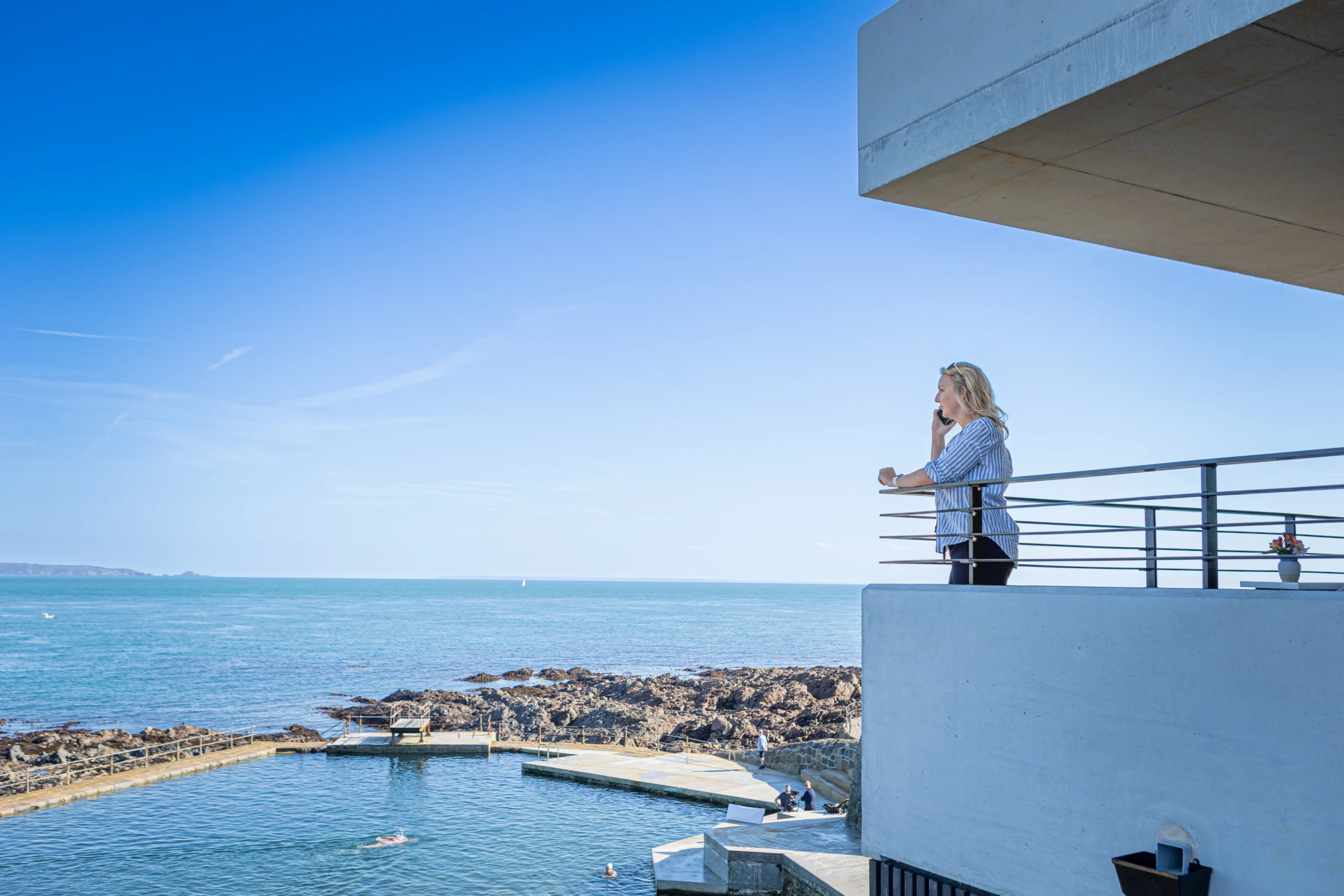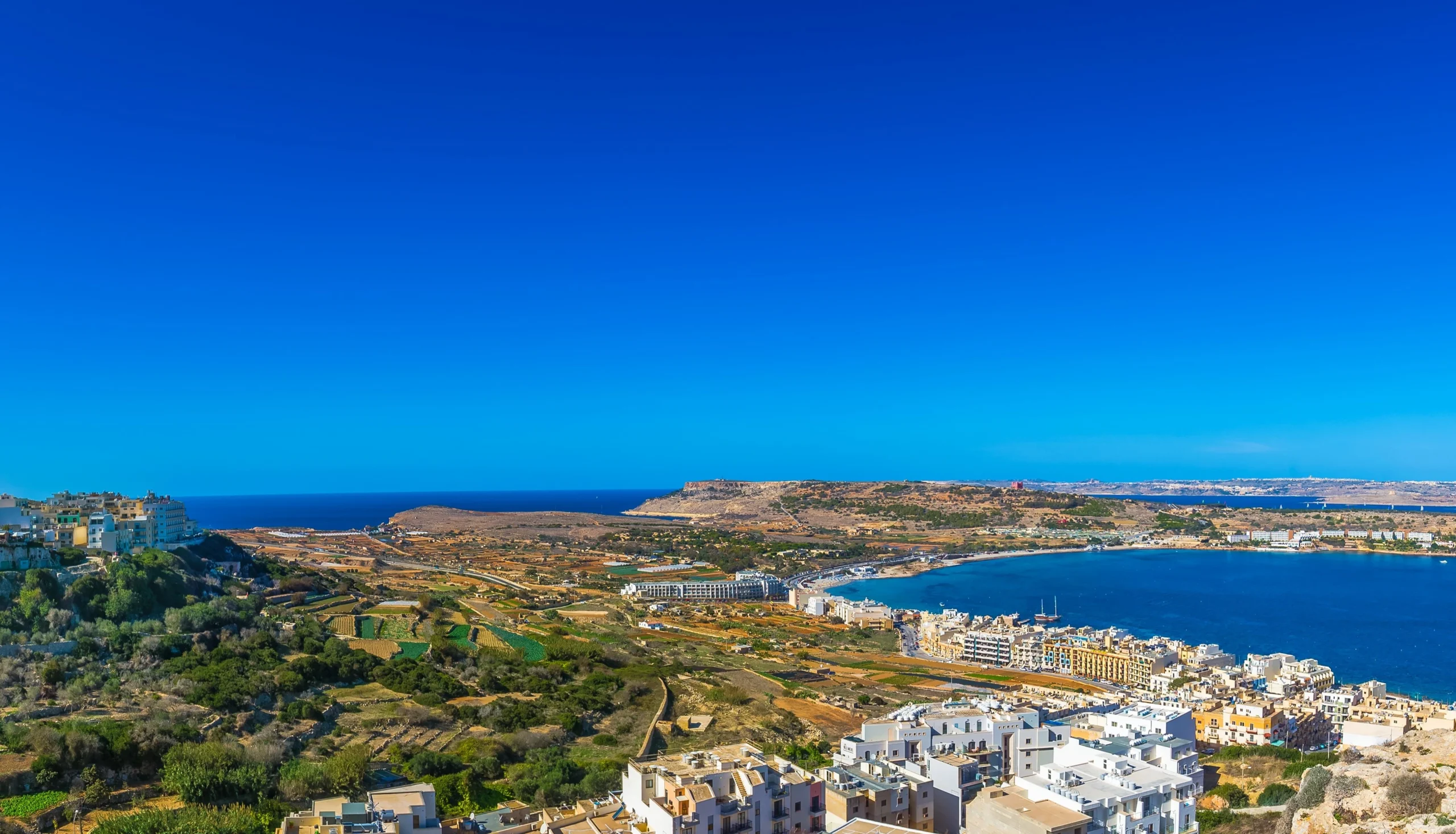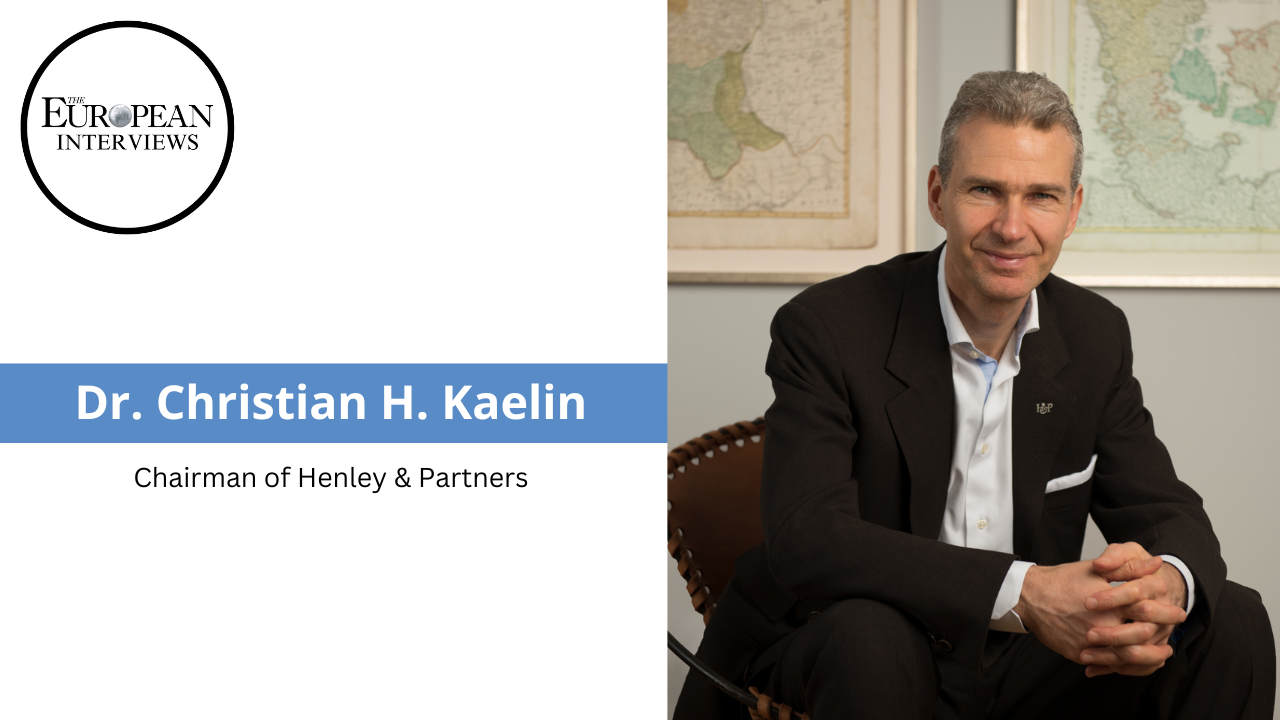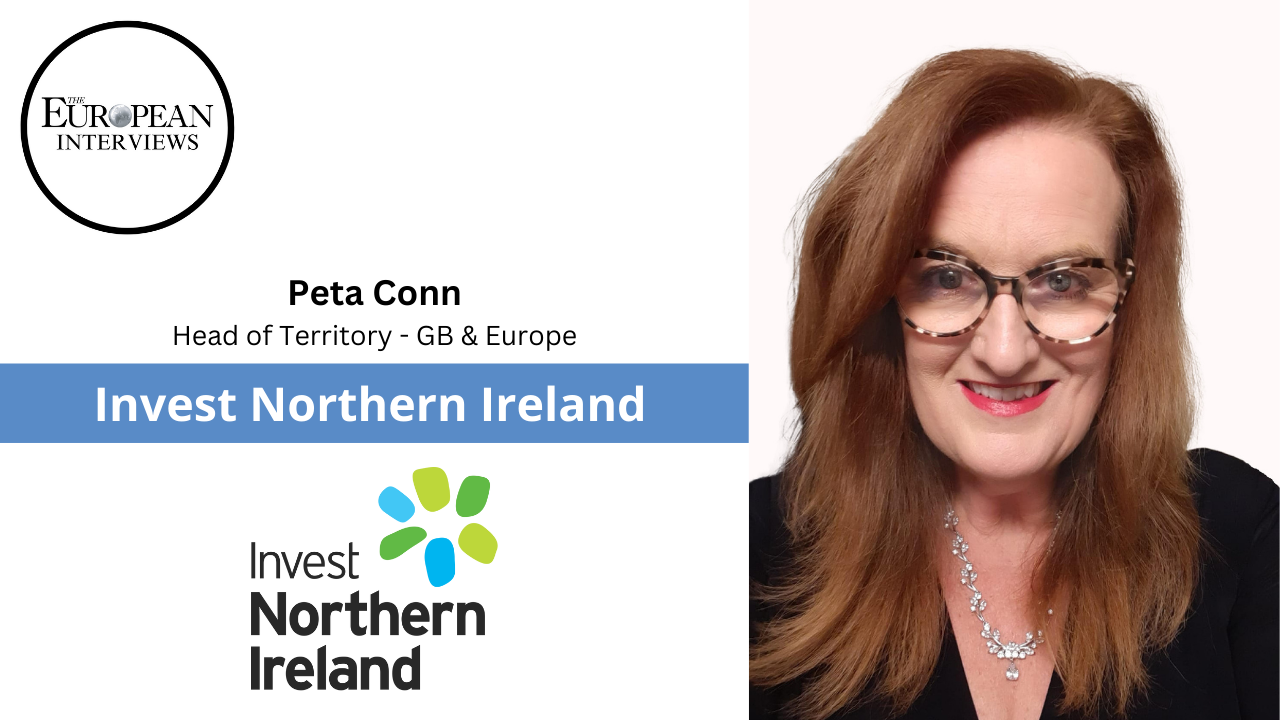Island of Innovation

John E. Kaye
- Published
- Foreign Direct Investment, Home
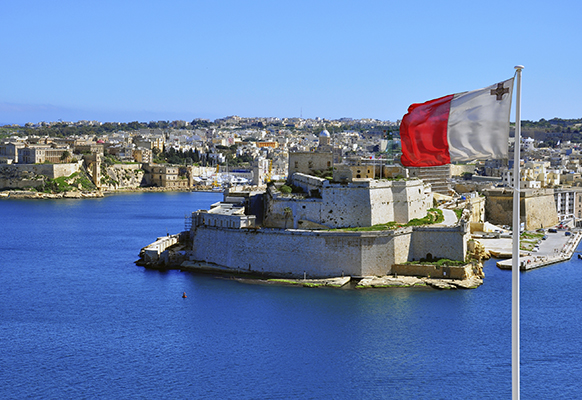
Investor protection, business ethics and a stable economic framework underline Malta’s approach to emerging technologies. Intent on enabling rather than stifling innovation, Malta was among the first to introduce regulation for funds to invest in digital assets, and the first to enact robust, forward-thinking laws regulating digital ledgers and upcoming technologies. ‘Blockchain Island’, as it has become known, Malta appeals to developers and investors alike for its accessible regulators, economic growth, an increasingly sophisticated workforce and a supportive ecosystem.
The Maltese government has prioritised the technology sector and is actively developing an environment within which technology and innovation are encouraged to thrive. In addition to issuing guidelines for the alignment of the existing tax framework with assets and transactions prevalent in digital ledger technologies, local authorities have laid out a solid and progressive foundation consisting of three bodies of law, namely the Virtual Financial Assets Act (VFAA), the Malta Digital Innovation Authority Act (MDIAA) and the Innovative Technology Arrangements and Services Act (ITASA).

The Maltese government are encouraging tech innovation in a bid to encourage innovation in the sector.
The VFAA creates regulatory stability for activities involving digital assets that are intrinsically dependent on, or utilise distributed ledger technology. By strictly regulating the gatekeepers in the industry, the Malta Financial Services Authority is supported by a structure that prioritises compliance and responsible business ethic, including the prevention of market abuse. The MDIAA and the ITASA promote the development of technological innovation.
The MDIAA provides for the establishment of the MDIA, the ad-hoc authority regulating innovative technologies. The MDIA is responsible for promoting Malta as a centre of excellence in the field, while setting and enforcing standards that ensure compliance with international obligations, with the goal of protecting and supporting all users.
The ITASA assesses innovative technology arrangements such as software used in digital ledger technology, smart contracts and decentralised autonomous organisations to ensure that those obtaining certification meet standards of legality, integrity, transparency, compliance and accountability. Certification may be obtained for the arrangement’s features, attributes or performance and requires compliance with anti-money laundering law and data protection law amongst others.
Forward-thinking strategies
Virgin territory is being explored, and Malta has already set up an artificial intelligence taskforce in its determination to create a fertile environment for artificial intelligence, the Internet of Things and innovative technologies. The government considers technology as an indispensable pillar for the advancement of the local economy. Malta was previously at the centre of navigable routes in the Mediterranean and beyond, but nowadays it is the hub for the borderless, emerging tech industry. The Digital Malta Strategy has earned Malta top marks in the proliferation of ICT throughout society and this trend continues in the expected introduction of distributed ledger technologies in the provision of e-Government services.
Aligned with this drive, KPMG in Malta boasts a cross-functional team, which has not only supported national initiatives, but has also been at the forefront in providing entrepreneurs and investors alike with assistance in regulation, corporate matters, taxation, accounting, financial statements audits, and last but not least with software development. One of the very first to be appointed systems auditor by the MDIA, KPMG relies on the expert knowledge and experience of its local staff. The team works seamlessly to deliver holistic solutions to its clients in conjunction with specialist colleagues across the globe, and provides assistance in going beyond borders, akin to the very nature of the sector.
Recognising that economic growth requires forward-thinking, Malta continues to welcome disruptive technologies by adopting laws and adapting skills to meet the speed of innovation in the 21st century. KPMG in Malta champions the emerging tech industry, cherishing its transformative and innovative elements as keys to value creation.
Further information
RECENT ARTICLES
-
 Zanzibar’s tourism boom ‘exposes new investment opportunities beyond hotels’
Zanzibar’s tourism boom ‘exposes new investment opportunities beyond hotels’ -
 Residence and citizenship planning is reshaping global wealth strategies
Residence and citizenship planning is reshaping global wealth strategies -
 Building sovereign bridges by attracting global investors
Building sovereign bridges by attracting global investors -
 Bahrain cuts property investment threshold for golden residency
Bahrain cuts property investment threshold for golden residency -
 Where mobility meets opportunity: Malta’s strategic advantage for global investors and innovators
Where mobility meets opportunity: Malta’s strategic advantage for global investors and innovators -
 UK government sets up Women in Tech taskforce amid gender imbalance concerns
UK government sets up Women in Tech taskforce amid gender imbalance concerns -
 Malta introduces Nomad Heritage Card for remote professionals
Malta introduces Nomad Heritage Card for remote professionals -
 How free global cities could reshape the future of migration
How free global cities could reshape the future of migration -
 Dominican Republic positions itself as Caribbean hub for sustainable trade and investment
Dominican Republic positions itself as Caribbean hub for sustainable trade and investment -
 Biviana Riveiro Disla speaks to The European about the Dominican Republic’s role as a hub for trade and investment
Biviana Riveiro Disla speaks to The European about the Dominican Republic’s role as a hub for trade and investment -
 Liechtenstein tops global index for foundations
Liechtenstein tops global index for foundations -
 Keeping the door open: wealthy UK citizens investing their way back into the EU
Keeping the door open: wealthy UK citizens investing their way back into the EU -
 Ethiopia emerges as a sustainable investment leader on the African stage
Ethiopia emerges as a sustainable investment leader on the African stage -
 France’s FDI renaissance marks a Nouvelle Ère for Europe
France’s FDI renaissance marks a Nouvelle Ère for Europe -
 The Turks and Caicos Islands: A new era for financial services and innovation
The Turks and Caicos Islands: A new era for financial services and innovation -
 Jersey in focus – an interview with Chief Minister Deputy Lyndon Farnham
Jersey in focus – an interview with Chief Minister Deputy Lyndon Farnham -
 Malta – a popular base for digital nomads
Malta – a popular base for digital nomads -
 Move to Guernsey: The Channel’s island gem
Move to Guernsey: The Channel’s island gem -
 Malta’s residency-by-investment programme: a clear path to permanent residency
Malta’s residency-by-investment programme: a clear path to permanent residency -
 The banking shift that Europe’s businesses can’t afford to ignore
The banking shift that Europe’s businesses can’t afford to ignore -
 High-net-worth Europeans turn to investment migration amid security fears
High-net-worth Europeans turn to investment migration amid security fears -
 Beyond the beaches: a spotlight on the Turks and Caicos Islands
Beyond the beaches: a spotlight on the Turks and Caicos Islands -
 Video Interview with Dr. Christian H. Kaelin of Henley & Partners
Video Interview with Dr. Christian H. Kaelin of Henley & Partners -
 Ireland’s resilience and future in Foreign Direct Investment
Ireland’s resilience and future in Foreign Direct Investment -
 Video Interview with Peta Conn of Invest Northern Ireland
Video Interview with Peta Conn of Invest Northern Ireland




